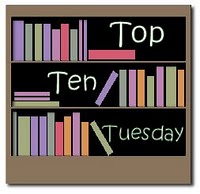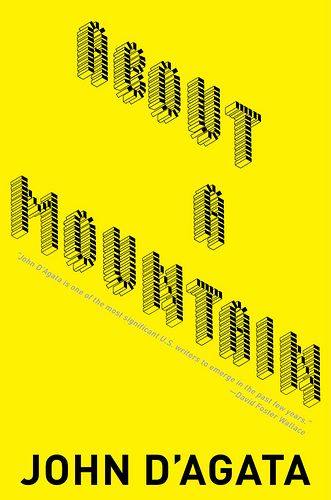Merry Wanderer of the Night [Search results for better world books]
Greening My Reading
Weekly Geeks Round-Up: Hoarding Behavior
I wasn't going to do this... BUT
Homework readin'

Just Contemporary Discussion — Tough Stuff
BBAW: Interview with Melody of Melody's Reading Corner

Memory Monday — Welcome Author Jenn Sommersby!!
Why I Love Contemporary
This Book is Overdue! How Librarians and Cybrarians Can Save Us All

Interview with Mette Ivie Harrison
The Passage

Review: Ballads of Suburbia by Stephanie Kuehnert
Top Ten Tuesday: Favorite Book Characters

Just Contemporary Interview with Yvonne Collins & Sandy Rideout! And Giveaway!: D
Book Review: The Book Thief

Interview with Sarah Porter
Just Contemporary Guest Post & Giveaway with Sarah Ockler!
About a Mountain

Interview with Janette Rallison + giveaway!
Review: Raw Blue by Kirsty Eagar